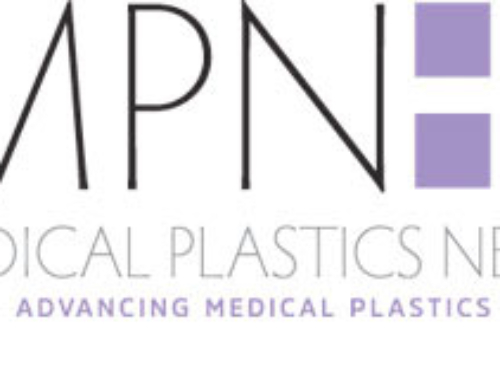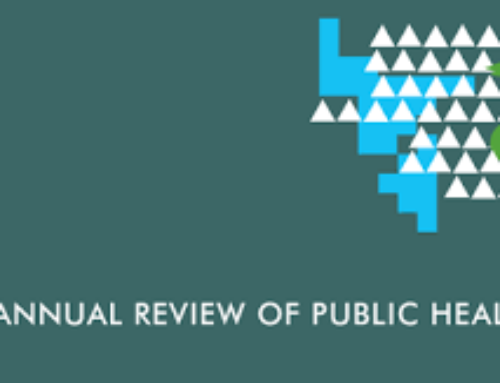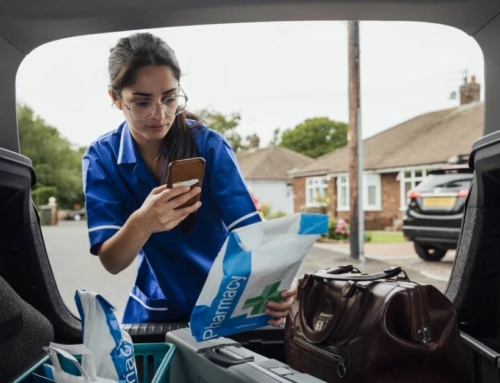Climate change has increasingly become the biggest issue of this century. This requires action in all sectors, to try and restore the planet back to a sustainable state. This also applies to the healthcare sector in Denmark. This master’s thesis wants to investigate how reductions in health care consumption and emissions can be achieved by deploying remanufacturing as a strategy for circular economy. Currently, the benefits of remanufacturing in healthcare are limited to a view of the economic benefits. Therefore, this master’s thesis wants to pave the way for considering remanufacturing in healthcare for its environmental benefits. This is done by a case study of remanufacturing ultrasound catheters at Aarhus University Hospital. Through the case study, the environmental impact of remanufacturing single-use medical devices will be investigated by a life cycle analysis and the economic benefits of remanufacturing will be investigated by a Total Cost of Ownership analysis. Furthermore, actor-network theory will apply a socio-technical view on how a new system of remanufactured single-use medical devices could be introduced at Aarhus University Hospital. Using remanufacturing of single-use ultrasound catheters is found to reduce climate impact compared to the current situation. Furthermore, previous findings of remanufacturing being economically beneficial are supported by the results found in this thesis. Lastly, multiple actors will need to be enrolled in the new network of remanufactured devices for it to be feasible. This will happen using the results of the analyses as a boundary object to interest the actors within their context. Furthermore, an open meeting will support the delivery of the results of the analysis to interest relevant actors in the further work for legalisation of remanufacturing single-use medical devices in Denmark. . .
Visit ResearchGate.net for more.









